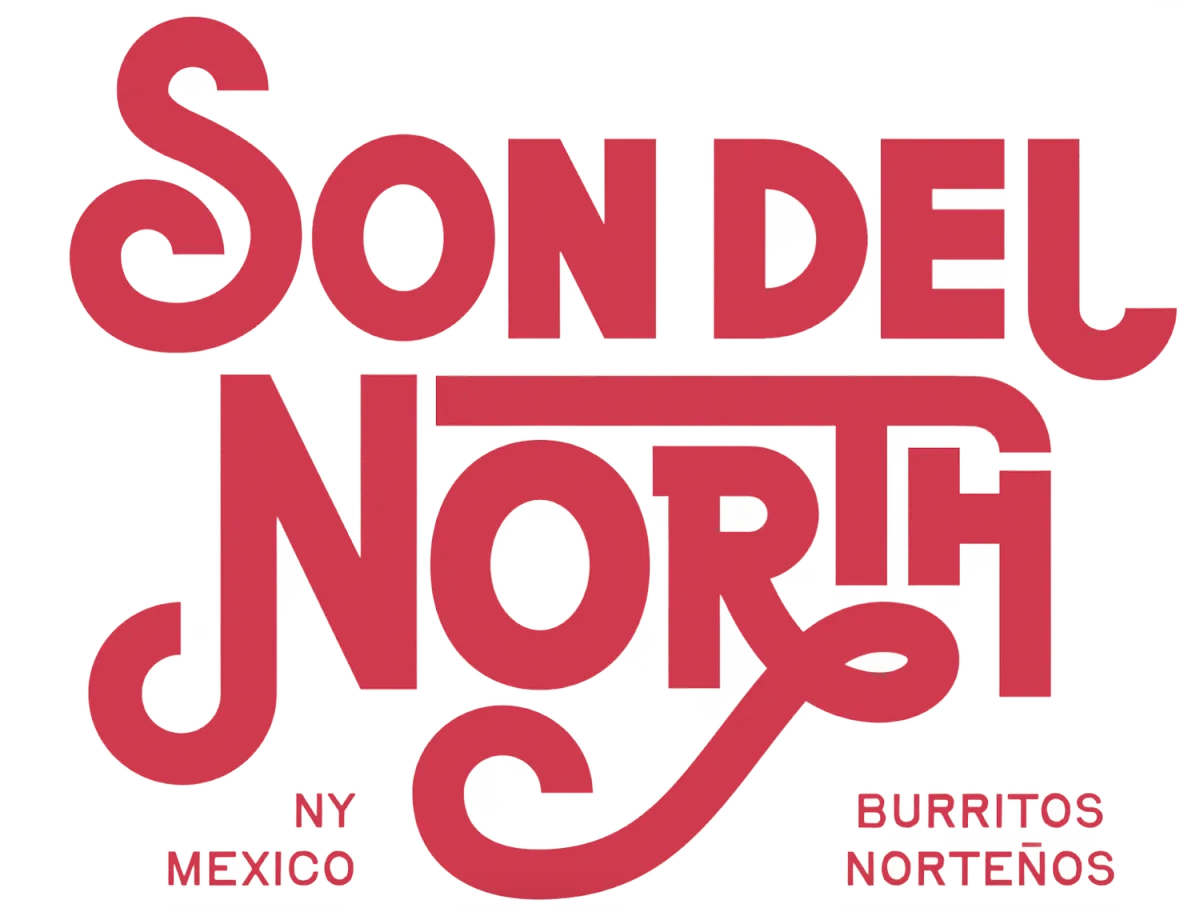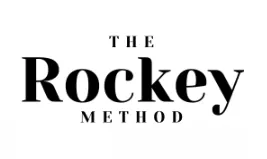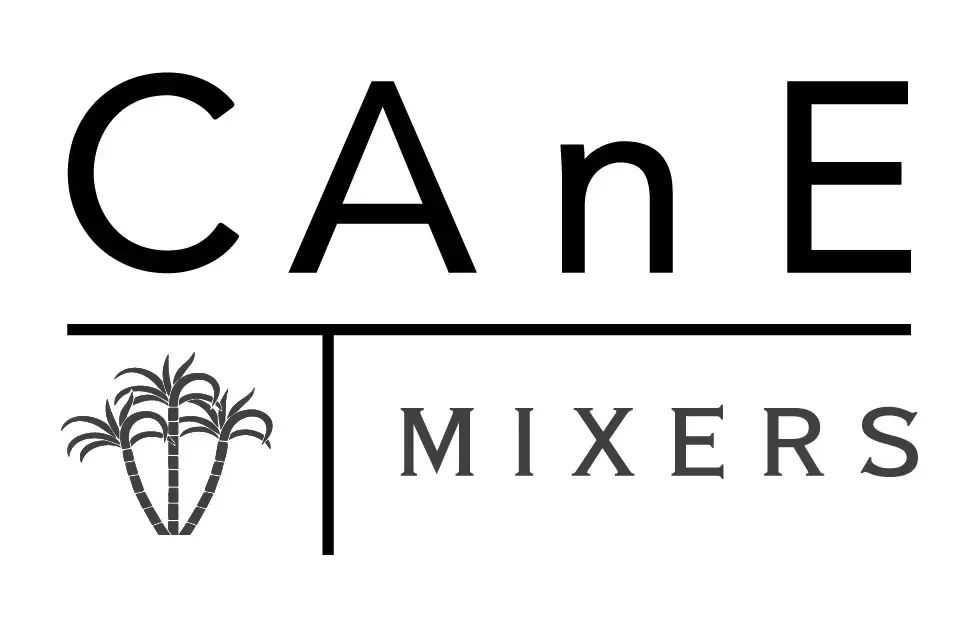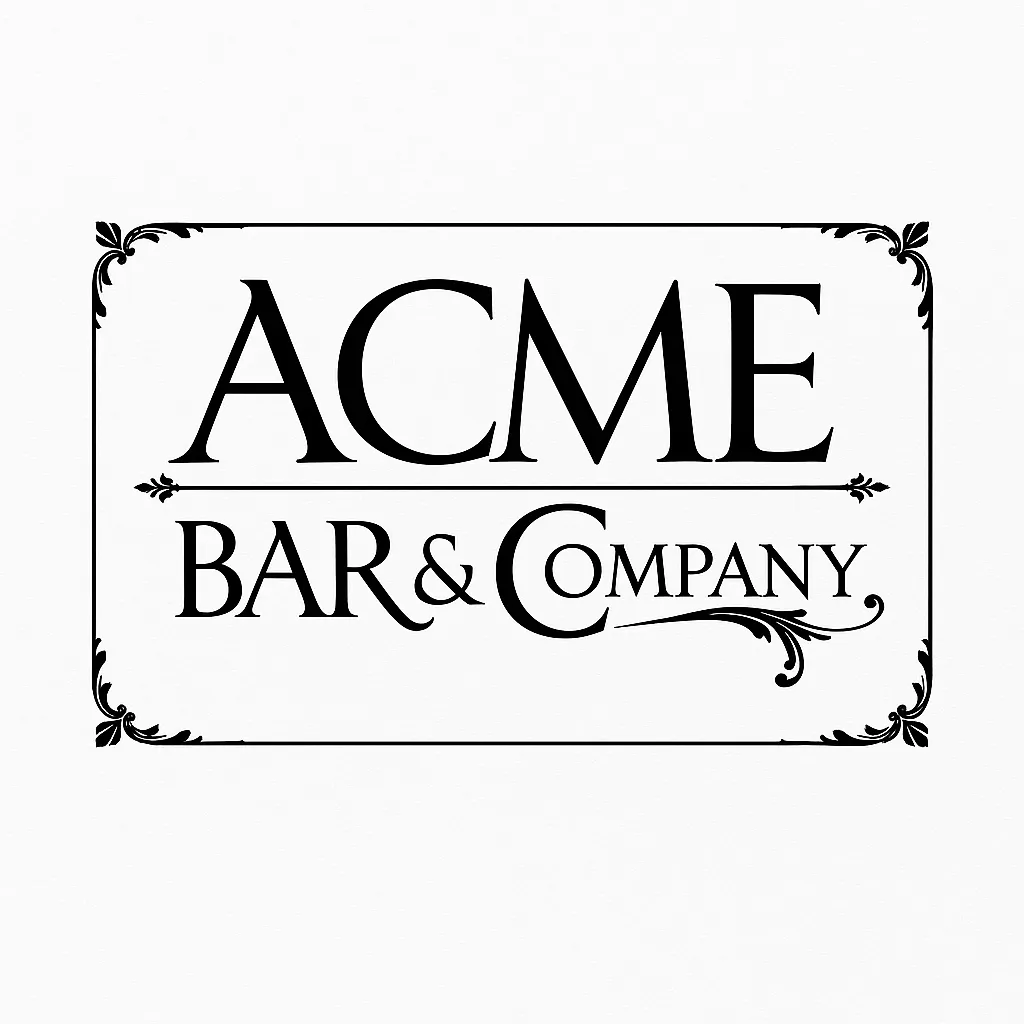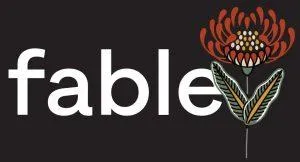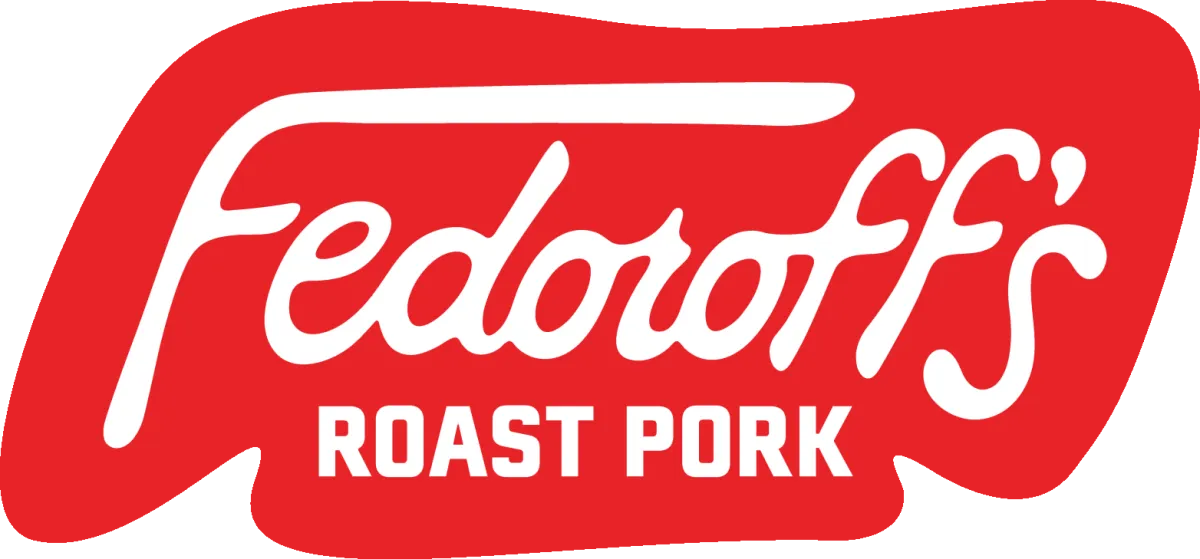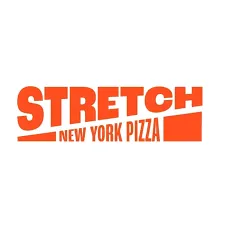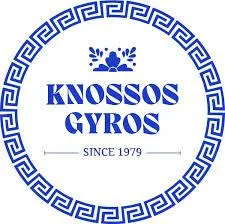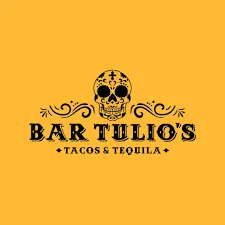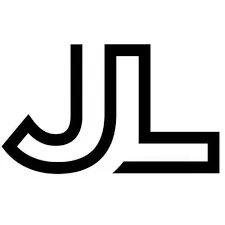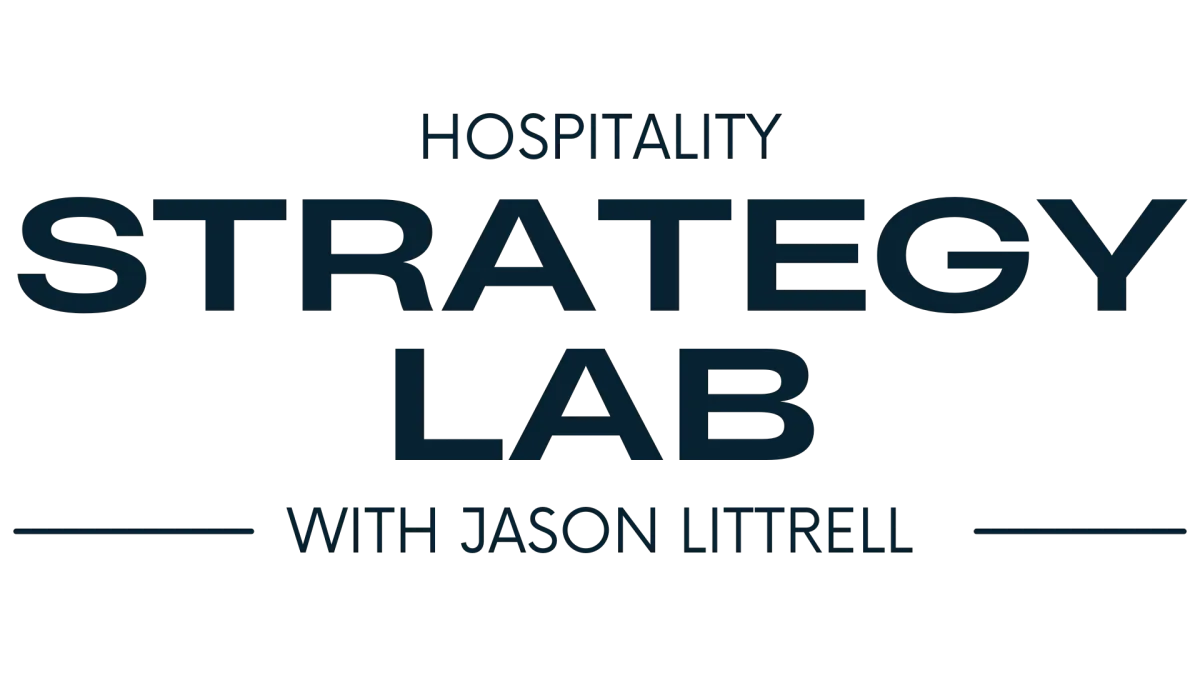Automate your Restaurant Ops free for 14 Days.
We install proven systems (social media, reputation, recovery) in your KMS account. Try it risk-free. Keep it for $297/mo if you love it.
30 Minute Guided Setup Included
No Credit Card Required
Cancel Any Time
"This has both saved me time and Increased our guest retention by showing we care about guest experiences."
-Ben

"It opens a ton of doors for you without exhausting your own time and efforts. The support from the team and the automations have all been very helpful and fluid."
-Jen

"[Jason is] reliable, genius, integrous and open. Without a doubt, man of his word who is open to change, clear on objectives."
- Samantha

"Honestly, I’m not technical. But your team walked me through it all, and it just works."
-Cliff

"Without this system, we would’ve lost half our leads. This fixed the cracks we didn’t know we had."
-Samantha

I Saw a 5x Return -- That's Real
- Ezra

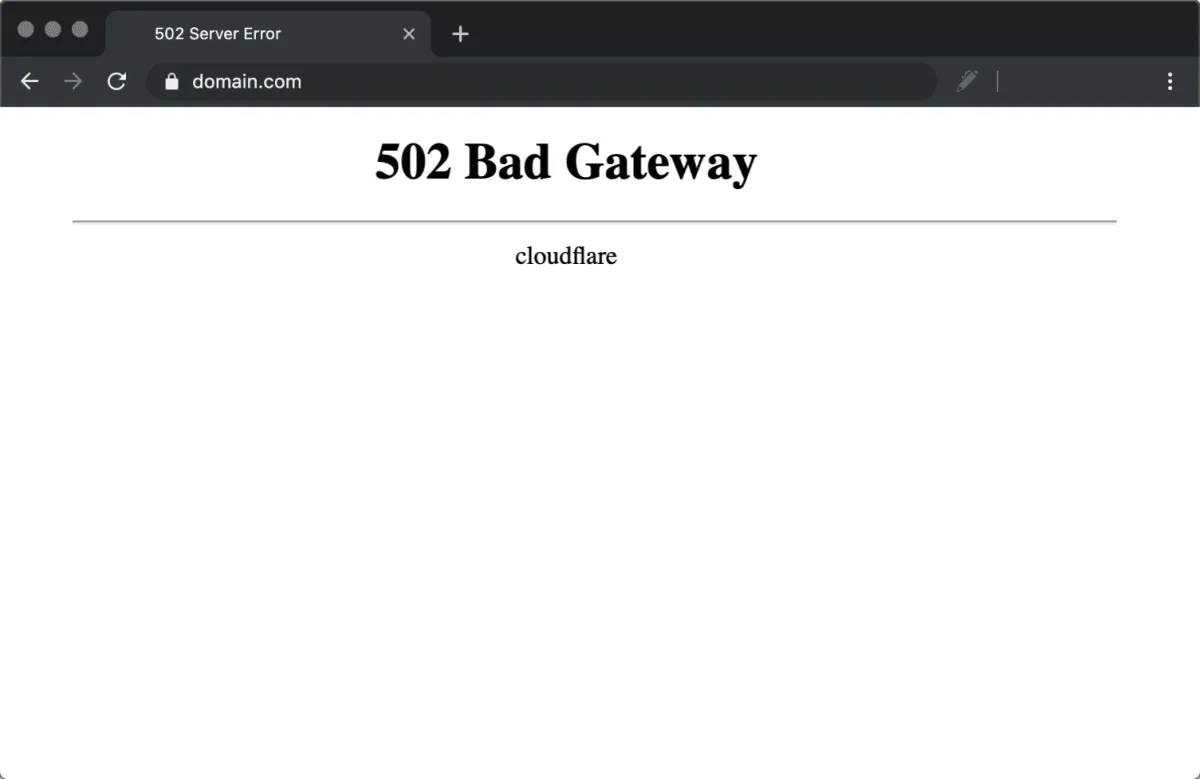
What Today's AWS Outage Actually Cost Independent Restaurants
For most people, this meant some apps didn't work for a few hours today (Snapchat, Canva, Fortnite, Starbucks, Robinhood, Alexa, Duolingo, Reddit, Venmo, Perplexity, etc.).
You know...'the internet'.
For real restaurant operators (and their very real guests), it meant something very different.
The outage lasted approximately 6 hours with lingering issues throughout the day. DoorDash went down. GrubHub went down. Toast went down. Not one at a time - all simultaneously, because they all run on the same infrastructure.
This is what that looked like in actual restaurant operations.
Toast

They posted their first outage notice at 5:47 AM EST. The system wasn't fully resolved until 1:48 PM EST. Over 8 hours.
Add DNS Propagation and other various nerd-speak I don't understand...we're still dealing with this 15 hours later.
Sizing tinfoil hat now....
OK, here we go.
What stopped working:
Order processing through the POS
Kitchen display systems (KDS)
Credit Card processing
Web applications
All reporting and analytics
Delivery platform integrations.
Toast advised restaurants that offline mode would kick in automatically, allowing them to continue taking orders and processing payments. In practice, multiple operators reported that even when offline mode activated, they lost connectivity to delivery platforms.
So you weren't just operating manually in-house. You also lost your delivery channel completely.
What This Actually Cost
A typical quick service restaurant (QSR) doing 40% of revenue through delivery platforms generates roughly 3,000-4,000 dollars on a Monday in delivery sales.
Today, most of that disappeared.
For one of my clients, this was a 10k+ hit (and counting).
But the financial damage extended beyond lost delivery revenue.
In-house operations degraded significantly. Manual ticket writing slowed service. Kitchen staff worked from paper instead of screens. Payment processing had issues. Ticket times doubled. Customers waiting 40 minutes for food that should take 15 minutes walked out.
Can't lie, a bit of this makes me nostalgic of the days when everything was on paper. Yes, I've been around that long.
Conservative estimate for a mid-volume QSR: 1,500-2,000 dollars in lost dine-in revenue from operational disruption and customer walkouts.
Total impact per location: somewhere between 4,500 and 6,000 dollars for a single day.
Multiply that across thousands of independent restaurants using these systems. The aggregate financial impact is substantial, and nobody's tracking it.
Why This Keeps Happening
AWS has experienced major outages in 2021, 2023, and 2025. This isn't unprecedented.
The root cause is market concentration. AWS controls approximately 30% of global cloud infrastructure. Microsoft Azure controls 20%. Google Cloud controls 13%. Three companies control 63% of the market.
For restaurants, this means DoorDash, GrubHub, and Toast can all fail simultaneously. When the underlying infrastructure goes down, you don't lose one system - you lose your POS, delivery platforms, mobile ordering, and payment processing at once.
What about all those delivery taskers out of work today. As if things weren't hard enough.
There's no geographic redundancy built into most restaurant tech stacks. No backup provider. No failover system. When infrastructure fails, operations stop until it's fixed.
And (naturally) restaurant operators have zero control over when that happens or how long recovery takes.
What Some Restaurants Did Differently
I was incubating some kind of conspiracy theory about UberEats and Amazon, but that seed found no purchase. They are completely unrelated companies. Although, the single biggest beneficiary of the food delivery market upset today was UberEats
resizing tinfoil hat
The Structural Reality
Digital systems were supposed to improve restaurant operations and competitiveness. In many ways they have. But they've also created dependencies on infrastructure that restaurant operators don't control.
When that infrastructure fails, chains with corporate IT departments and backup systems absorb the impact better than independent operators. The technology that was supposed to level the playing field has created new vulnerabilities.
This isn't about abandoning technology. It's about understanding that complete dependence on systems you can't control creates unacceptable risk.
Today was a preview. How you prepare between now and the next outage will determine which category your restaurant falls into.
Between AWS, Meta, Google...we got a lot of hands in our pockets.
Who is Jason Littrell?
Jason Littrell is a seasoned cocktail maker, bar consultant, event producer, speaker, author, and brand marketing expert with over a decade of experience in the hospitality industry.
What services does Jason Littrell offer?
Jason offers a range of services including bar consultancy, cocktail menu development, staff training, event production and management, keynote speaking, educational workshops, and brand marketing strategies in NYC, 100% free of charge. For more details, please use the chat widget or contact form.
Can Jason Littrell help in designing and setting up a new bar?
Absolutely. Jason specializes in bar consultancy, including design, menu creation, staff training, and operational efficiency, tailored to the unique needs of each client.
As a speaker, what topics does Jason typically cover?
Jason speaks on a range of topics including cocktail culture and history, bar and hospitality industry trends, brand building, and customer engagement strategies.
Has Jason Littrell authored any books or articles?
Yes, Jason is the author of Bartender as a Business, and contributed to several publications in the field of cocktails and hospitality.
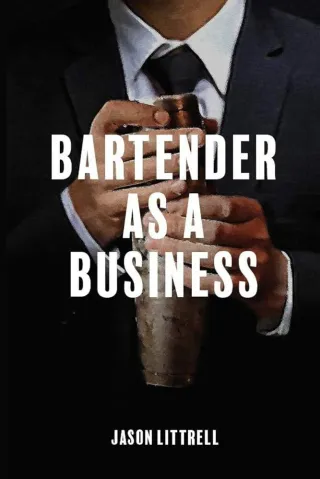
How does Jason approach brand marketing in the hospitality sector?
Jason combines his deep industry knowledge with innovative marketing techniques to create compelling brand narratives and engagement strategies that resonate with target audiences.
What is Kinetic Management Systems?
KMS is the business Jason owns that implements hospitality management systems for sales, marketing HR, and operations. This site is built with KMS, and if you call any of the phone numbers, fill out any of the forms, engage with the chat, you're engaging with KMS systems. For more info, check out kmsops.com
What makes Jason’s approach to cocktail making and bar consultancy unique?
Jason's approach is rooted in a deep understanding of both the art and science of cocktail making, combined with a keen insight into current trends and customer preferences, making his consultancy highly effective and personalized.
Still have Questions?
Terms of Service

(C) 2025 Critical Mass Events, LLC (d.b.a. Jason Littrell, Ltd.)
All Rights Reserved
Text or Call 917-983-2150
